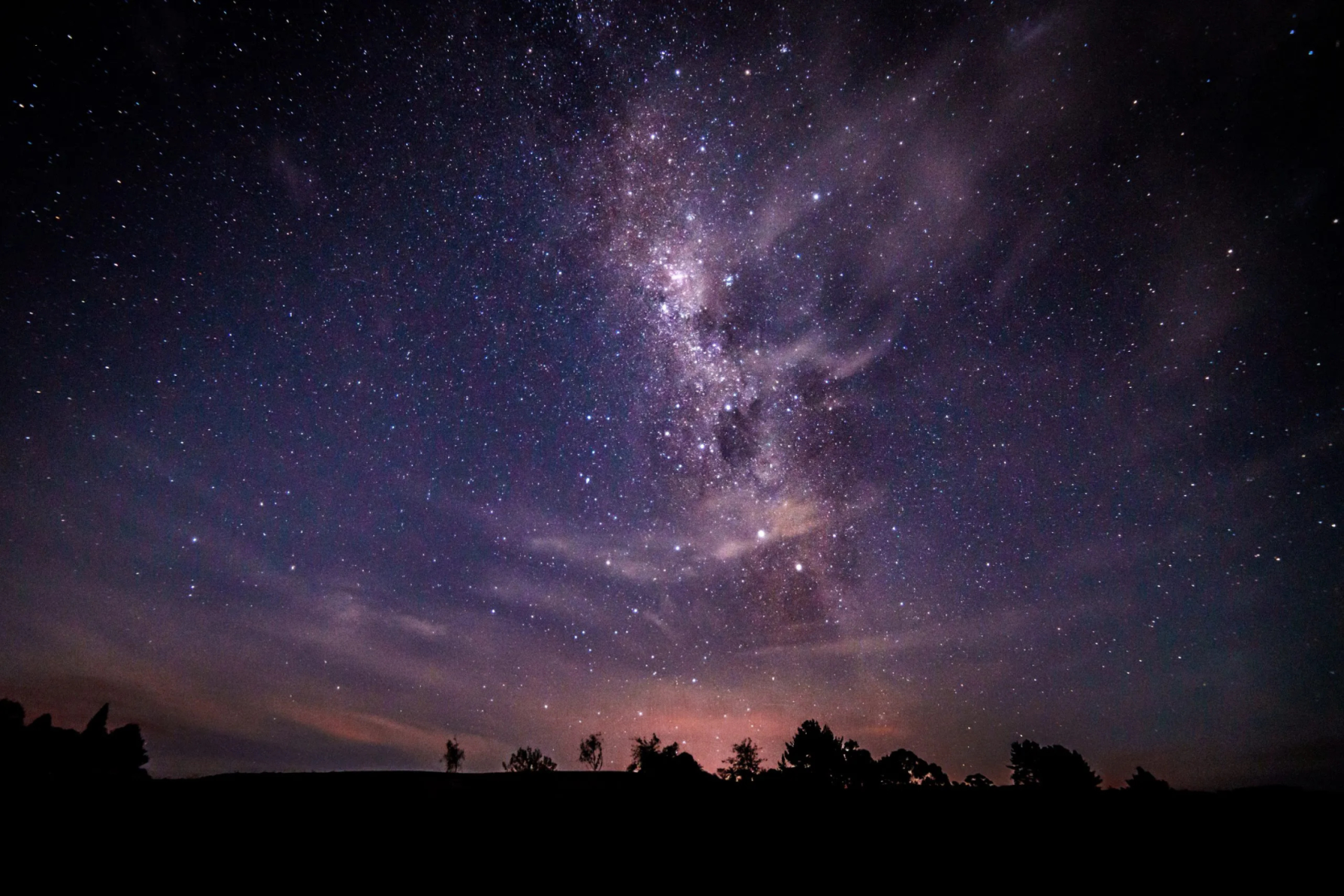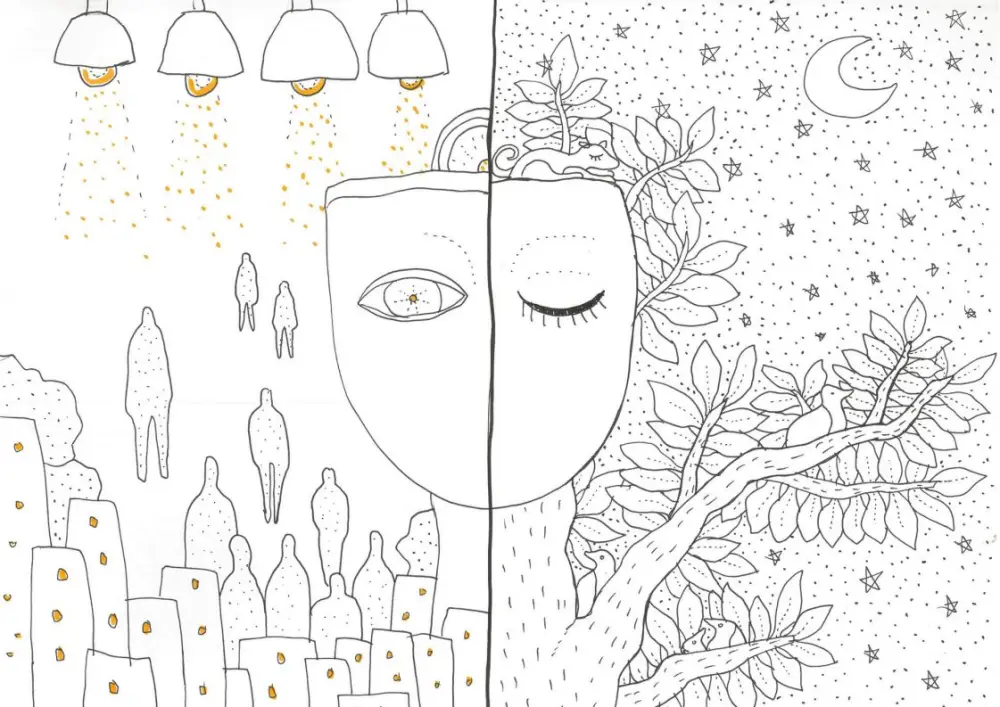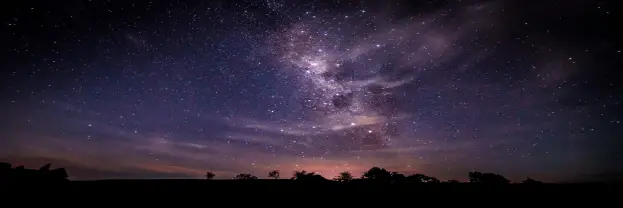

A national survey of 1,000 New Zealanders, led by Nelson Marlborough Institute of Technology (NMIT) research professor Dr Ellen Cieraad, reveals strong public support for preserving natural darkness. While artificial light at night can help people feel safe and navigate after dark, the study found New Zealanders also care deeply about preserving natural dark skies, for reasons that include human health, environmental wellbeing, and cultural connection.
“Darkness isn’t just the absence of light – it’s a resource we’re beginning to lose,” says Ellen.
More than 97% of the New Zealand population lives under skies that are at least somewhat affected by artificial light at night.
“Half of the people we surveyed said protecting the dark night sky is very important to them, and another 27% of respondents said it was moderately important. This is not just about being able to see the stars for astronomical research, it’s about our own wellbeing, healthy rhythms in our environment, and cultural practices like Matariki.”

The survey is the first of its kind in Aotearoa, and possibly the world, to explore how people feel about both artificial light and natural darkness at night. Results show a strong emotional and aesthetic connection to the night, along with support for smarter lighting. Many respondents favoured lighting that only turns on when needed, for example, using sensors to turn the lights off when no one is around.
The findings suggest a need to rethink lighting policy: less emphasis on “brighter is better”, more attention to the benefits of natural darkness, and more support for adaptable, ecologically and culturally sensitive nightscapes.
Matariki offers a time to reflect on our place in the universe and our relationship with the natural world. There are many benefits, says Ellen, to making more space for darkness.
“Matariki is a powerful reminder of our place in the universe and our bond with the natural world. Whether we’re watching the Matariki stars rise or simply sitting under the night sky, the darkness of the night sky connects us — to each other, to our whenua, and to our own sense of wellbeing. We need to protect it.”
More information
The research was conducted by Dr Ellen Cieraad(external link) (Research professor at NMIT) and Dr Jeff Dalley (Principal advisor – Social monitoring at the Department of Conservation). Join Ellen in a new project that's part of the global study "Under One Sky: Exploring People's Connection to the Natural World at Night." By taking just a few minutes to complete a survey, you'll contribute to a better understanding of how people value and connect to the night sky. To share your perspective, follow this link(external link), or scan the QR code

Two manuscripts related to this study have been submitted to scientific journals, and they are currently under peer-review. They are available as pre-prints:
1. Cieraad E, Dalley J. Bright needs, dark desires: Understanding public preferences for anthropogenic light and natural darkness at night in Aotearoa-New Zealand. Under review.
2. Cieraad E, Dalley J. New Zealanders’ connection to the night sky. Under review.



